The Church is not an organization or a corporation, but an entity of an entirely different class, says Benedict XVI: It is the body of Christ, present in the Eucharist.
This was the Pope’s conclusion at the general audience in Paul VI Hall in 2008, during which he left aside his prepared speech and gave the intervention extemporaneously. The Pope Emeritus continued with his series of catecheses on the thought and person of St. Paul. He reflected particularly today on the Eucharist, especially on its “personal and social character.”
“Christ unites himself personally to each one of us, but at the same time he unites himself to the man and woman who are next to me,” explained the Pontiff, according to L’Osservatore Romano’s commentary. “And the Bread is for me and for the others. Thus, he unites all of us with himself and all of us mutually. In communion we receive Christ, but Christ unites himself in the same way with my neighbor. “Christ and neighbor are inseparable in the Eucharist. All of us are one bread, one body.
Eucharist without solidarity with the rest is an abuse of the Eucharist.” Benedict XVI said that this understanding is the root and the center of the doctrine of the Church as the body of Christ. “Christ gives us his body in the Eucharist, he gives himself in his body and in this way makes us his body, he unites us to his risen body,” he explained. “If man eats normal bread, this bread becomes part of his body, transformed into substance of human life. But in Communion, an inverse process takes place. Christ, the Lord, assimilates us, introduces us into his glorious body and in this way, all together, we become his body.
“The Holy Father noted: “In Roman political science, this parable of the body with different members that form part of a unity was used by the state itself, to show how the state was an organism in which each one had his function: The multiplicity and diversity of functions form one body and each one has his place.” However, in St. Paul’s letters, one can see that the Church is something very different from the “state-organism,” he contended.
“Because Christ really gives his body and makes us his body. We are really united with the risen body of Christ and in this way remain united with one another.” Because of this, he concluded, “the Church is not only a corporation as the state is; it is a body. It is not an organization, but an organism.”

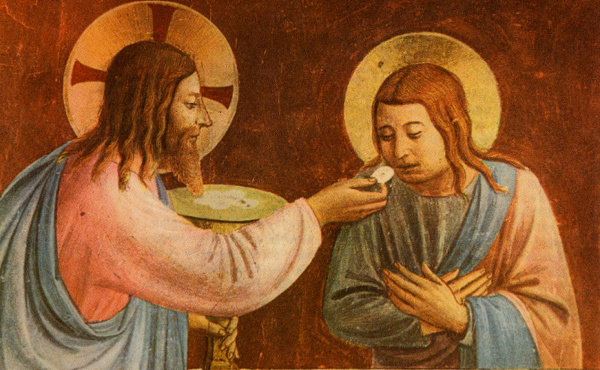

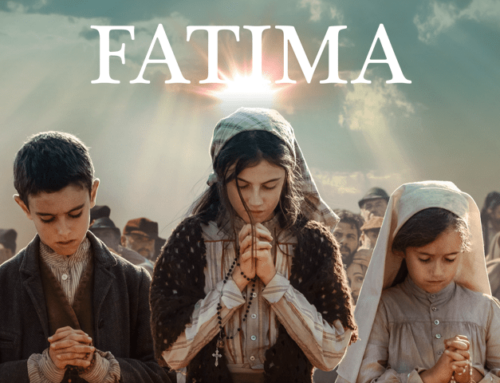
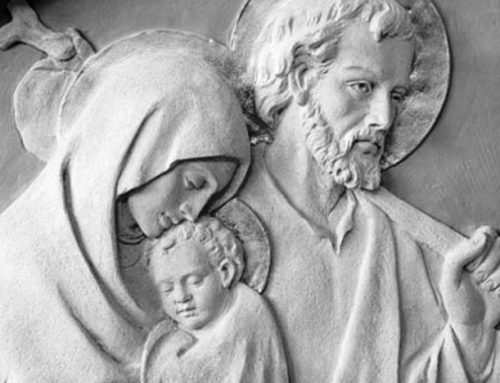
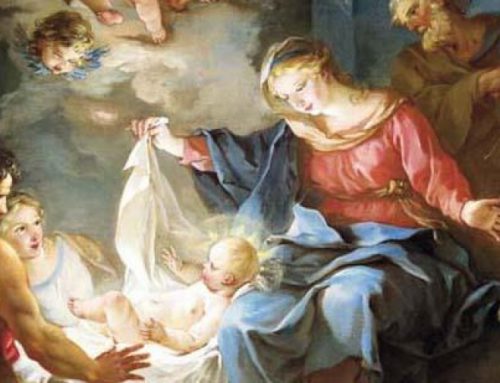

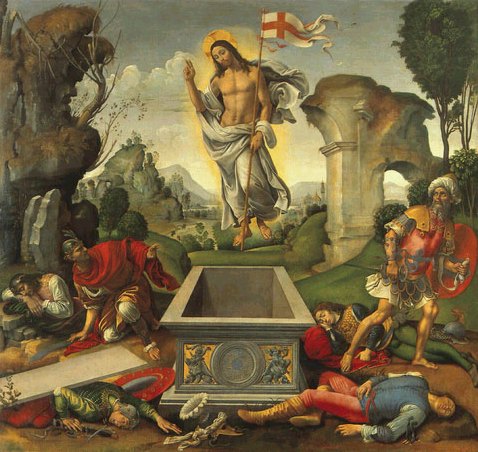
Leave A Comment
You must be logged in to post a comment.